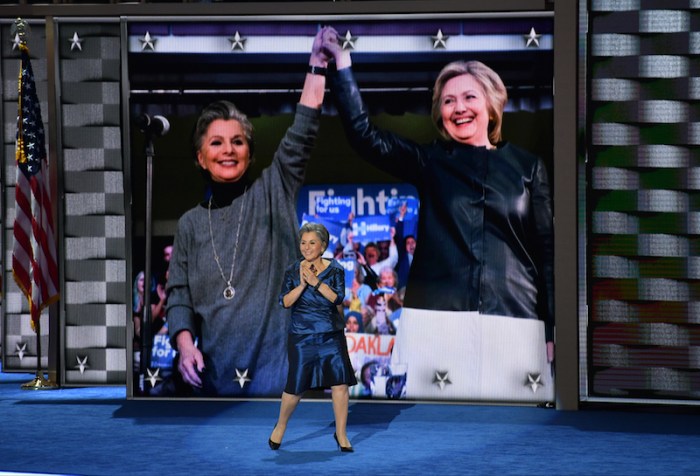Last year, it was an ecstatic emoji.
But in 2016, Oxford English Dictionary’s word of the year is a somber follow-up to that Face with Tears of Joy symbol.
Inspired by divisive, emotional political climates in both the United States and the United Kingdom, the word “post-truth” exploded in usage by2,000 percent in 2016. According to the dictionary, it’s an adjective that describes a situation in which feelings and personal beliefs trump facts in shaping public opinion. Fitting, right?
Editors selected the term for its spike in usage over the last year, in both the UK’s decision to leave the European Union and in discussing the 2016 presidential election in the U.S. They described the term as capturing the English-speaking world’s current mood and a “mainstay in political commentary.” The word dominated news headlines this year. “Donald Trump’s post-truth campaign and what it says about the dismal state of US politics” was one example. Another: “Could this be the cure for ‘post-truth’ politics?” And there was the inevitable pun: “In a post-truth election, clicks trump facts.” “Post-truth” dates back to at least 1992, and rose in popularity about a decade ago, according to Oxford editors. In 2005, comedian Stephen Colbert coined a similar term: “truthiness,” which Oxford defines as “the quality of seeming or being felt to be true, even if not necessarily true.” Other popular terms from 2016 made the short list:
–Adulting, n. The practice of behaving in a way characteristic of a responsible adult, especially the accomplishment of mundane but necessary tasks. — Alt-right, n.An ideological grouping associated with extreme conservative or reactionary viewpoints, characterized by a rejection of mainstream politics and by the use of online media to disseminate deliberately controversial content. — Brexiteer, n. A person who is in favor of the United Kingdom withdrawing from the European Union. — Chatbot, n. Acomputer program designed to simulate conversation with human users, especially over the internet. — Coulrophobia, n. Rareextreme or irrational fear of clowns.
— Glass cliff,n. Used with reference to a situation in which a woman or member of a minority group ascends to a leadership position in challenging circumstances where the risk of failure is high. — Hygge, n. A quality of coziness and comfortable conviviality that engenders a feeling of contentment or well-being (regarded as a defining characteristic of Danish culture). — Latinx, n. and adj. Aperson of Latin American origin or descent (used as a gender-neutral or nonbinary alternative to Latino or Latina); relating to people of Latin American origin or descent (used as a gender-neutral or nonbinary alternative to Latino or Latina). — Woke, adj. Alert to injustice in society, especially racism.
Oxford English Dictionary names ‘post-truth’ the word of the year

Reuters






















